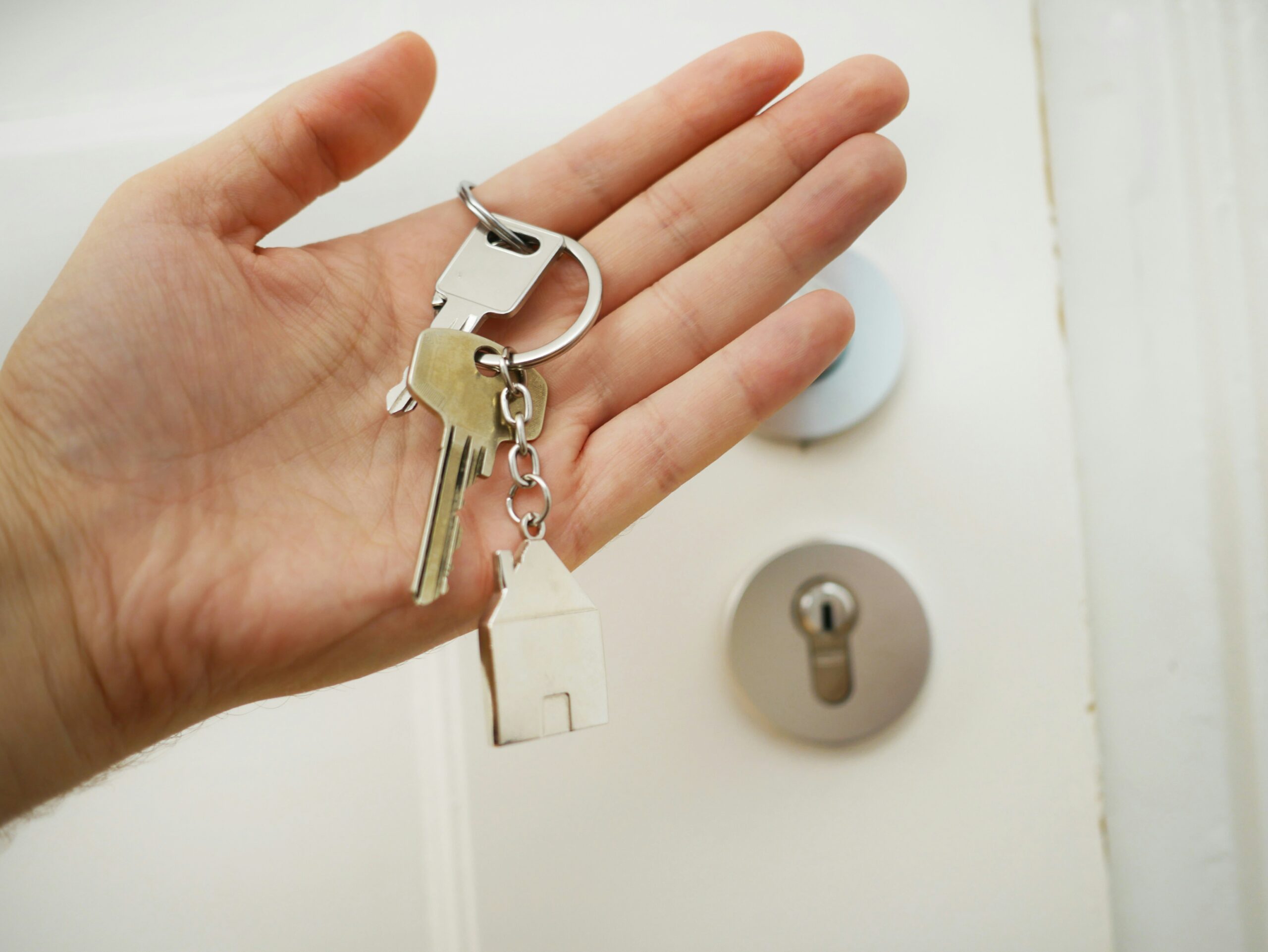Updated: 03/02/2026
You have finally taken the big leap and purchased your dream home in the UK. Congratulations! Now, the question arises: how long does it take to pay off a mortgage in the UK? Whether you are a first-time buyer or have refinanced your existing mortgage, the timeframe for paying off a mortgage in the UK can vary greatly.
We will explore the factors that influence the duration of your mortgage payoff and provide valuable insights to help you plan your financial future. So, sit back, relax, and let’s dive into the realm of mortgage payments in the UK!

Factors Affecting Mortgage Duration
Owning a home is a significant milestone for many individuals and families. However, obtaining a mortgage to finance your dream home comes with the responsibility of repaying the loan over a certain period of time. The duration of your mortgage can vary depending on several factors. In this article, we will explore the key factors that can affect the duration of your mortgage and discuss strategies to pay off your mortgage faster.
Loan Amount
The loan amount plays a crucial role in determining the duration of your mortgage. Essentially, the higher the loan amount you borrow, the longer it will take to pay off your mortgage. This is because larger loan amounts require larger monthly payments, which can extend the repayment period.
On the other hand, if you opt for a lower loan amount, it can help shorten the duration of your mortgage. By borrowing less, you can potentially reduce the amount of interest you have to pay over the life of the loan and pay off your mortgage sooner.
Interest Rate
The interest rate on your mortgage also plays a significant role in determining the duration of your loan. If you secure a mortgage with a higher interest rate, it will take longer to pay off because a larger portion of your monthly payment will go towards interest rather than principal.
Conversely, obtaining a mortgage with a lower interest rate can help you pay off your loan faster. With a lower interest rate, a larger portion of your monthly payment will go towards reducing the principal amount, allowing you to pay off the mortgage more quickly.
Repayment Term
The repayment term refers to the length of time you have to repay your mortgage in full. It is typically expressed in years, such as 25 years or 30 years. The repayment term directly affects the duration of your mortgage and the amount of your monthly payments.
Opting for a shorter repayment term can significantly reduce the duration of your mortgage. While shorter repayment terms may result in higher monthly payments, they allow you to pay off your mortgage sooner and save on interest costs in the long run.
On the other hand, choosing a longer repayment term can extend the duration of your mortgage. Longer repayment terms often come with smaller monthly payments, making them more manageable for some borrowers. However, it’s essential to consider the trade-off between lower monthly payments and the overall cost of the loan over an extended period.

Payment Frequency
The payment frequency refers to how often you make mortgage payments. The most common payment frequencies are monthly and biweekly. The payment frequency you choose can impact the duration of your mortgage.
With monthly payments, you make one payment per month towards your mortgage. These regular monthly payments are the standard option for most borrowers. Biweekly payments, on the other hand, involve making payments every two weeks. This results in 26 payments per year, equivalent to making an extra month’s payment annually.
By opting for biweekly payments, you can shorten the duration of your mortgage. The additional payments made throughout the year can help reduce the principal faster, allowing you to pay off your mortgage sooner.
Another payment frequency option to consider is accelerated payments. With accelerated payments, you make more frequent payments, such as weekly or biweekly, to further reduce the duration of your mortgage. This payment method can help save on interest costs and pay off your loan faster.

Additional Payments
In addition to your regular mortgage payments, you may have the option to make additional payments towards your principal amount. Additional payments can play a significant role in shortening the duration of your mortgage.
One-time lump sum payments are one way to reduce the duration of your mortgage. If you come into a windfall of money, such as an inheritance or a bonus at work, you can choose to make a lump sum payment towards your mortgage. This reduces the principal amount owed and can help you pay off your mortgage sooner.
Regular additional payments are another strategy to consider. By allocating a portion of your monthly budget towards additional mortgage payments, you can make progress in paying off your mortgage faster. Even small additional payments made consistently can add up and reduce the duration of your loan.

Typical Mortgage Duration
The duration of a mortgage can vary depending on the specific terms and conditions of the loan. However, there are common mortgage durations that borrowers often choose. These include:
- 30-Year Mortgage: This is one of the most popular mortgage options, offering a longer repayment term of 30 years. While it allows for smaller monthly payments, it extends the duration of the mortgage.
- 25-Year Mortgage: A 25-year mortgage offers a shorter repayment term compared to a 30-year mortgage, allowing borrowers to pay off their loans sooner.
- 20-Year Mortgage: Opting for a 20-year mortgage further reduces the repayment term, providing a balance between shorter durations and manageable monthly payments.
- 15-Year Mortgage: For those looking to pay off their mortgage faster, a 15-year mortgage offers a shorter repayment term. While the monthly payments may be higher, it allows borrowers to become mortgage-free in a shorter period.
- 10-Year Mortgage: The 10-year mortgage is the shortest repayment term option available. It requires higher monthly payments, but allows borrowers to pay off their mortgages in a relatively short time frame.
Overpayment and Early Repayment
When it comes to mortgages, overpayment and early repayment options can offer valuable opportunities for borrowers to pay off their loans faster.
Overpayment options allow borrowers to make additional payments towards their principal amount. By overpaying on your mortgage, you can reduce the principal faster and save on interest costs. Most mortgages have allowances for a specific percentage of overpayment each year without incurring penalties.
The benefits of early repayment are numerous. By paying off your mortgage early, you save on interest costs and achieve financial freedom sooner. Being mortgage-free can provide peace of mind and additional financial flexibility.
However, it’s important to be aware of any penalties for early repayment that may be associated with your mortgage. Some lenders impose penalties or charges for paying off your mortgage before the agreed-upon term. It’s crucial to review the terms and conditions of your mortgage agreement to understand any potential penalties and make an informed decision.

Strategies to Pay Off Mortgage Faster
If you are eager to pay off your mortgage faster, there are several strategies you can consider:
- Increase Monthly Payments: By increasing your monthly payments, you can allocate more towards reducing the principal amount. Even a small increase in your monthly payment can make a significant difference over the life of the loan.
- Make Extra Payments: In addition to your regular monthly payments, consider making additional payments whenever possible. Whether it’s a one-time lump sum or regular additional payments, every extra contribution helps in paying off your mortgage faster.
- Refinance for Lower Interest Rate: If interest rates have dropped considerably since you first obtained your mortgage, refinancing may be an option worth considering. By refinancing at a lower interest rate, you can potentially save on interest costs and shorten the duration of your loan.
- Switch to Shorter Repayment Term: If you are financially comfortable with higher monthly payments, switching to a shorter repayment term can significantly reduce the duration of your mortgage. Consider the affordability of the higher payments and weigh the benefits of paying off your mortgage sooner.
- Consider Overpayment: Take advantage of any overpayment options available with your mortgage. Even small additional payments made consistently can add up over time and help you become mortgage-free faster.
How Long Does It Take To Pay Off A Mortgage In The UK?
When it comes to the duration of your mortgage, several factors come into play. The loan amount, interest rate, repayment term, payment frequency, and additional payments can all affect how long it takes you to pay off your mortgage.
By understanding these factors and implementing strategies to pay off your mortgage faster, you can achieve the goal of becoming mortgage-free and enjoying the financial freedom that comes with it.
Remember to carefully review the terms and conditions of your mortgage agreement and consult with a financial professional to make the best decisions for your individual circumstances.

